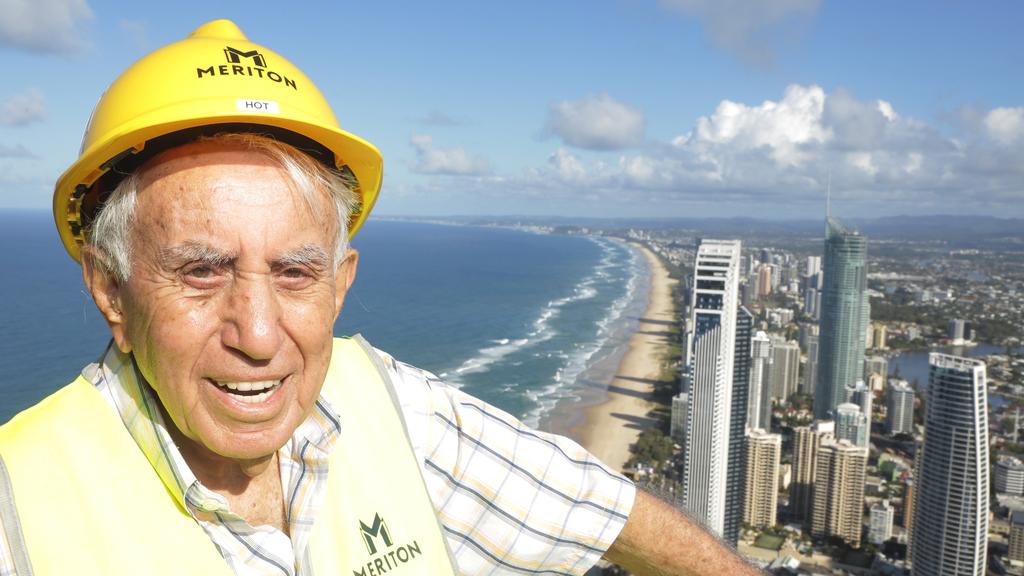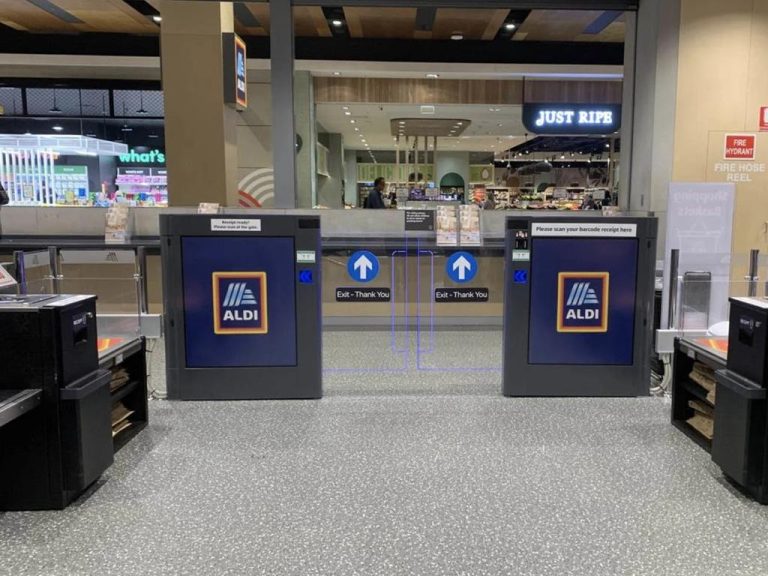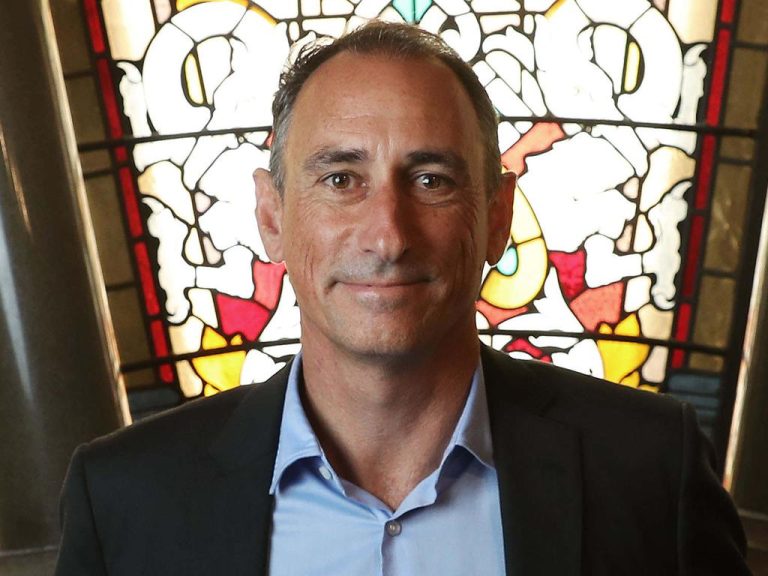Meriton lifts unit prices as high rise shortage looms amid migrant surge

Meriton chief Harry Triguboff sees further growth in demand from a younger, more skilled cohort of migrants to come to Australia, with space freed up by older people leaving.
Property billionaire Harry Triguboff is defying the gloom about residential property markets by raising the prices of his apartments.
While he is often a contrarian who is willing to start projects even during tough times, the Meriton founder is not alone this time, with rising costs prompting more developers to lift their pricing.
“The rise in prices of our apartments is in the third week,” the property magnate told The Australian.
“Our prices also went up because the mainland Chinese were back. This week the Chinese retracted but the Indians moved in. So now we will have two blocks of foreigners buying; that is something new.”
He sees further growth in demand from a younger, more skilled cohort of migrants to come to Australia, with space freed up by older people leaving.
“This gives our government the chance to double our migration otherwise we still have the same number of bumps in Australian beds,” he said.
Meriton is expanding. It is opening its second apartment block in Gold Coast’s Main Beach and Surfers area, and in a sign of his own confidence in that region, the billionaire will keep half the block, saying it “should go up a lot in value”. The developer will also kick off another Gold Coast project, and is adding almost 400 units to a project in nearby Broadbeach.
But the billionaire was scathing as ever about NSW planning, insisting it was “impossible” to build in the state. Despite some initiatives, he said both political parties find it safer for their votes if they don’t mention housing.
“So, our number of dwellings in NSW is dropping every year and will drop now quicker than ever before. And without housing production we have stagnation,” Mr Triguboff said, predicting more people would shift to Queensland.
The apartment tsar believes the country will face higher prices in coming years as it leaves the coronavirus crisis behind.
“The greatest success is that prices in Australia did not fall as was predicted. We are raising them, not to mention the rise in rents,” he said.
CBRE head of research Sameer Chopra predicted robust demand for apartments in a tightening supply market would persist until 2024, and says rental vacancy may drop even further. Mr Chopra said reopening borders should bring in 600,000 migrants and about 100,000 more overseas students, spurring demand for another 260,000-280,000 apartments in major capitals.
“We’re already seeing this demand play out in data on inbound arrivals into Australia,” he said.
On CBRE’s reckoning, the challenge is that supply is also at a low point in the cycle, with just 50,000-60,000 apartments being delivered, well down on the nearly 100,000 in 2017 in the midst of a boom. Developers have been slugged by tight land supply, Covid-related interruptions, supply chain problems, bad weather and tougher lenders.
“We think conditions for increased supply will start to improve from late 2023 but it will be a gradual process,” Mr Chopra said.
JLL researchers Leigh Warner and Aiden Mayne say that supply, not demand, is the biggest issue for apartment markets.
“While upward pressure on construction and finance costs are showing some signs of tempering, large escalations in 2022 have put pressure on project feasibilities and caused many projects to be delayed or abandoned,” the pair said.
The collapse of several builders has added to pressures, which have seen some projects abandoned or had prices recut.
“The net result is that the supply pipeline of apartments is likely to stay thin for at least several more years,” they said.
Marginal projects aren’t making it through the crisis. Receivers have just sold a part-finished 184 unit project in Sydney’s Blacktown for about $11m. It was sold by PwC as receivers of Nera Developments Pty Ltd, which was formerly controlled by Mark Merhi of Merhis Corp, via agencies Colliers and Stonebridge.
However, even projects that did not land the first time are finding buyers.
“Demand for mixed-use development sites is still strong despite the shifting market conditions, with the under-supply of apartment stock across Sydney fuelling this demand,” Colliers’ Matt Meynell said.







